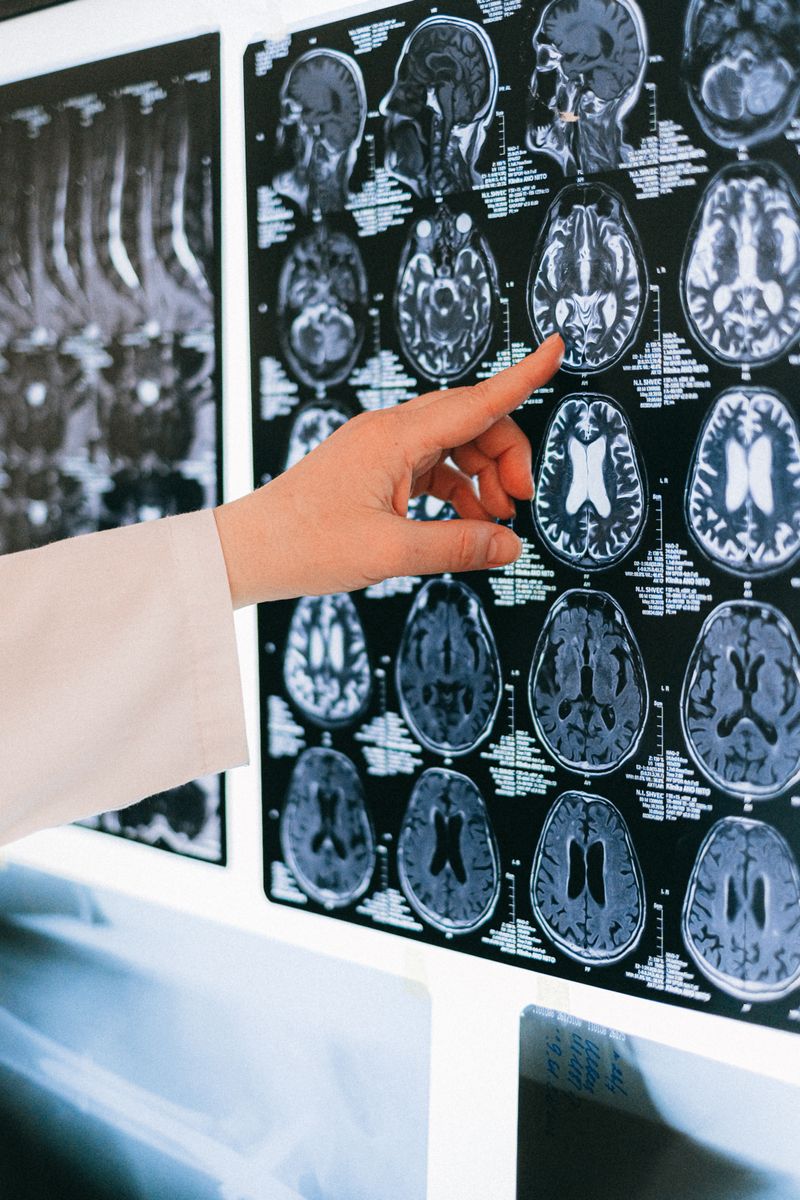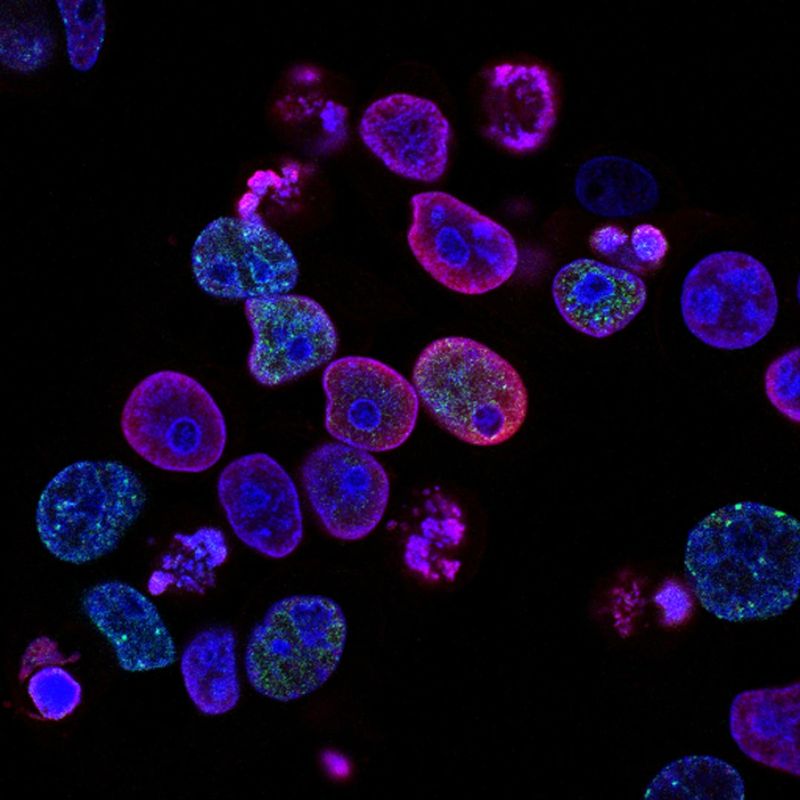Australian Researchers Confirm World’s First Case of Dementia Linked to Repetitive Brain Trauma in a Female Athlete
By
July 3, 2023
Researchers at the Australian Sports Brain Bank have recently made a groundbreaking discovery, confirming the world’s first case of chronic traumatic encephalopathy (CTE) in a female athlete. The diagnosis was made post-mortem on the brain of Heather Anderson, a 28-year-old AFLW athlete who passed away last November. This finding raises important questions about the long-term effects of contact sports on women’s health and highlights the lack of research in this area.
The Devastating Impact of Chronic Traumatic Encephalopathy
CTE is a devastating form of dementia that leads to a decline in brain functioning and an increased risk of mental illness. It has been linked to athletes who participate in contact sports such as football, boxing, and martial arts. Unfortunately, CTE is currently incurable and can only be diagnosed after death through post-mortem examinations.
Previously, high-profile former Australian footballers such as Danny Frawley, Shane Tuck, and Paul Green have been found to have suffered from CTE. However, this recent diagnosis in Heather Anderson, the first female athlete to be diagnosed, highlights the urgent need for further research and understanding of the impact of repetitive brain trauma in women’s sport.
A Lifetime of Contact Sports
Heather Anderson began her sporting career at the young age of five, playing rugby league before transitioning to Australian rules football in her early teens. She represented the Australian Capital Territory and Northern Territory before joining the Adelaide Crows in the inaugural season of the AFLW in 2017. While playing, she achieved great success, winning a premiership, but unfortunately suffered a career-ending shoulder injury. After her sporting career, Anderson worked as a medic in the Australian Army, a physically demanding occupation that also carries a heightened risk of brain injury.
With the consent of her family, Anderson’s brain was donated to the Australian Sports Brain Bank in the hopes of shedding light on the potential link between repetitive head trauma and her untimely death. This diagnosis of CTE in a female athlete was not entirely unexpected, as concussion researcher Anne McKee predicted that it was only a matter of time before such a case would arise.
The Risk for Women in Contact Sports
Evidence suggests that women may be at a higher risk of mild traumatic brain injury, such as concussions, and may experience more severe symptoms. While concussions alone do not cause CTE, the cumulative exposure to brain trauma, indicated by the number of concussions, is a significant predictor of the disease. There are ongoing debates about the physiological and social factors that contribute to women’s increased concussion risk, including differences in brain microstructure, hormonal influences, coaching methods, experience levels, and injury management.
However, it is concerning that women and girls are underrepresented in concussion research, as they face enhanced risks in contact sports and their participation in such sports continues to grow. There is a need for more research specifically focused on brain injuries in women and girls, as well as greater representation of women in sport and exercise science studies.
Addressing Inequalities and Focusing on Women’s Health
This world-first report of CTE in a female athlete serves as a reminder that this disease does not discriminate. It is crucial that efforts to reduce concussion in women’s sport address resource inequalities between men’s and women’s sports. This includes providing women with equal access to quality training, coaching support, and attention from sport science and medical research.
If we want to ensure the health and progress of women athletes and women’s sport as a whole, researchers, policymakers, and sport governance bodies must prioritize addressing concussion and brain disease in women. It is not enough to solely focus on men when it comes to these critical health issues.
If you or someone you know is struggling with these issues, please reach out to Lifeline at 13 11 14.

<< photo by Anna Shvets >>
The image is for illustrative purposes only and does not depict the actual situation.
You might want to read !
- Celebrating the Legacy of Gordon McQueen: A Never-Ending Tribute
- “Shining Bright: Reflecting on the Legacy of British Star Glenda Jackson”
- “Australian Study Finds No Evidence of Beta-2 Agonists Reducing Risk of …”
Title: “Examining the Relationship Between Beta-2 Agonists and Risk Reduction: An Australian Perspective” - Surprising Discovery Unveiled in Widely-used Vaccine
- “The Rise of Israel’s Manor Solomon: A Game-Changer in the Premier League”
- “Geraldo Rivera’s Farewell on Fox & Friends: Celebrating a Legacy”
- Gossip Alert: The Real Housewives of Beverly Hills’ Kyle Richards and Mauricio Umansky’s alleged breakup leaves fans shocked and questioning the future.
- “Tragic Loss in the De Niro Family: Remembering Leandro De Niro-Rodriguez”




